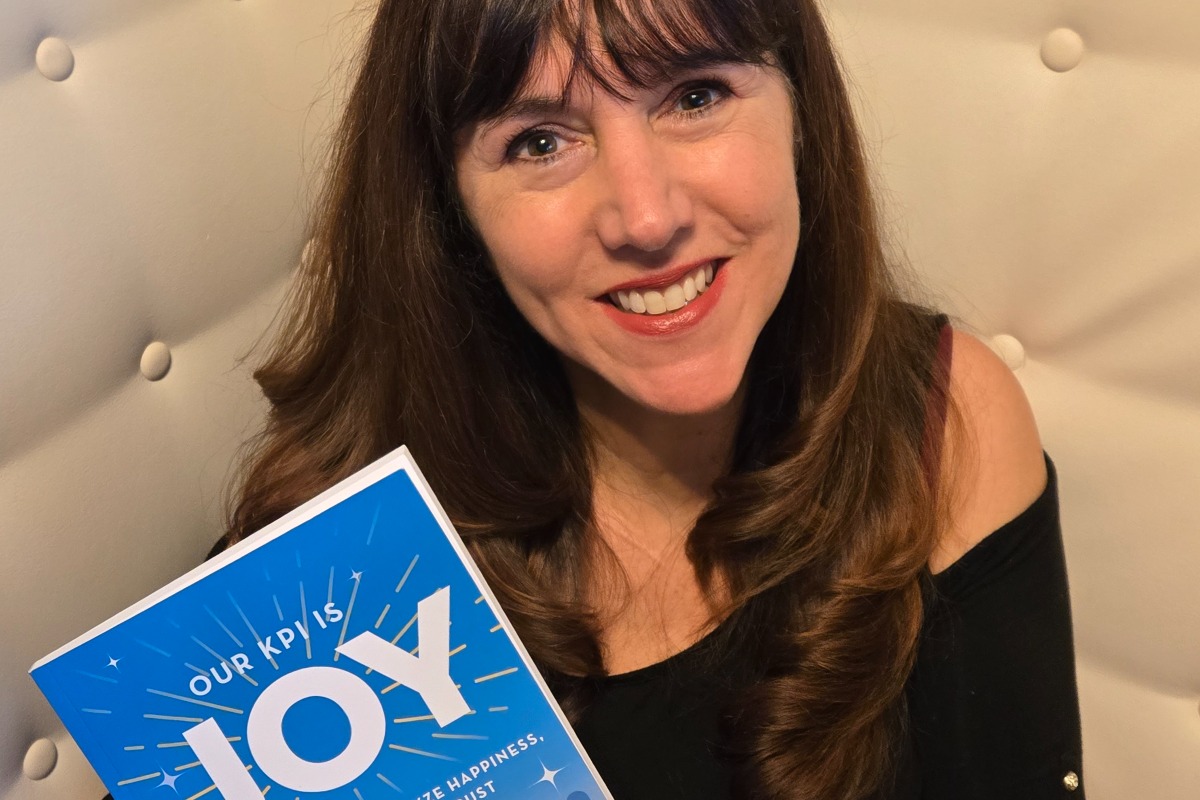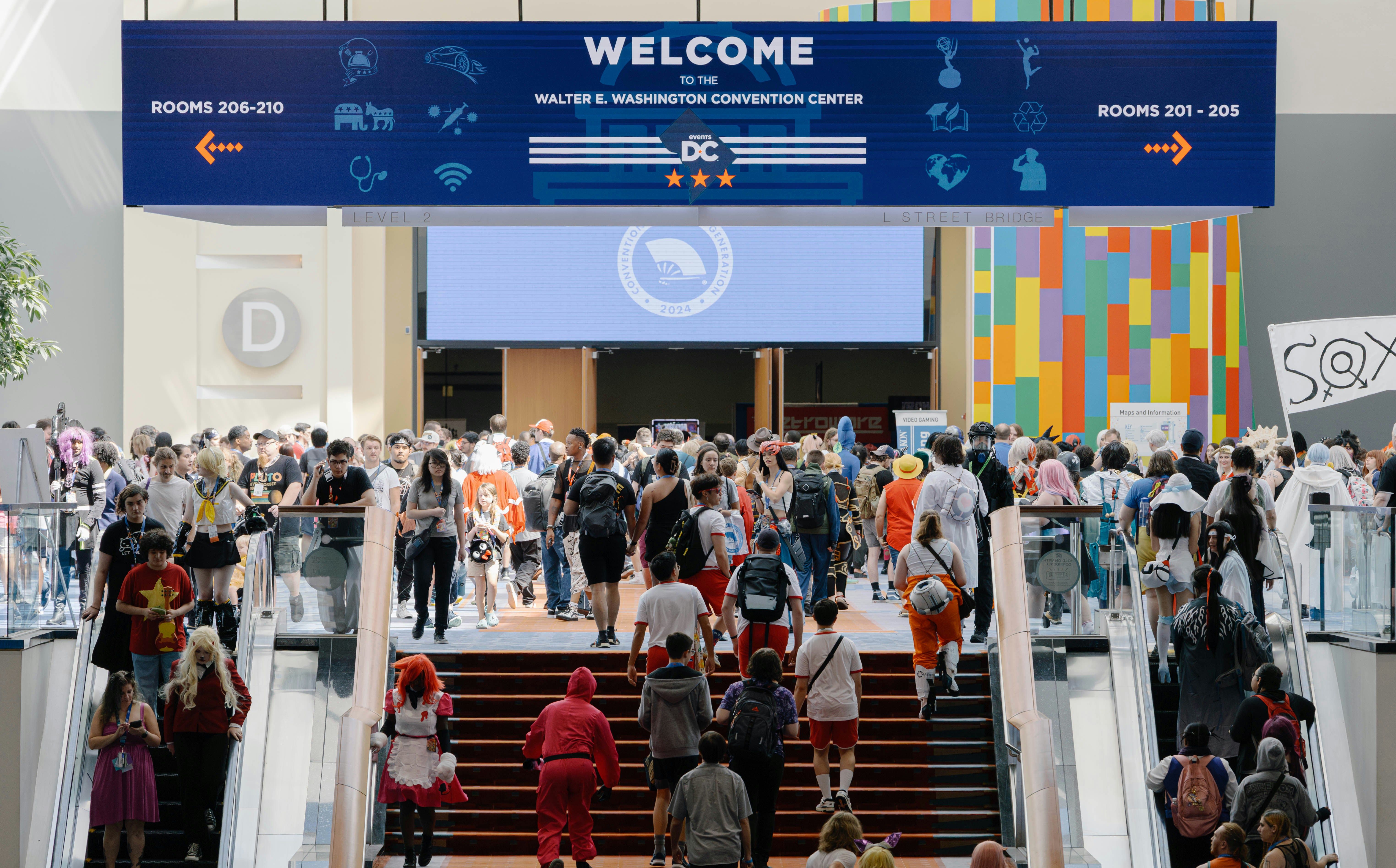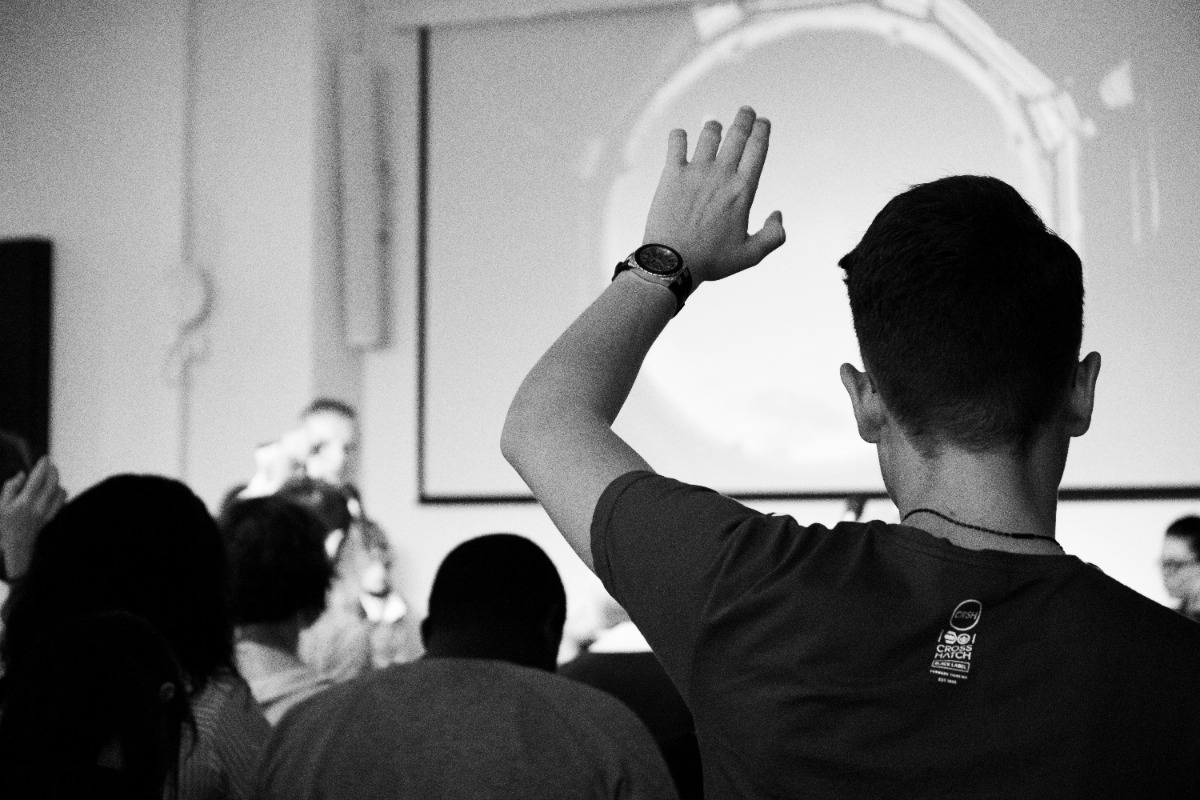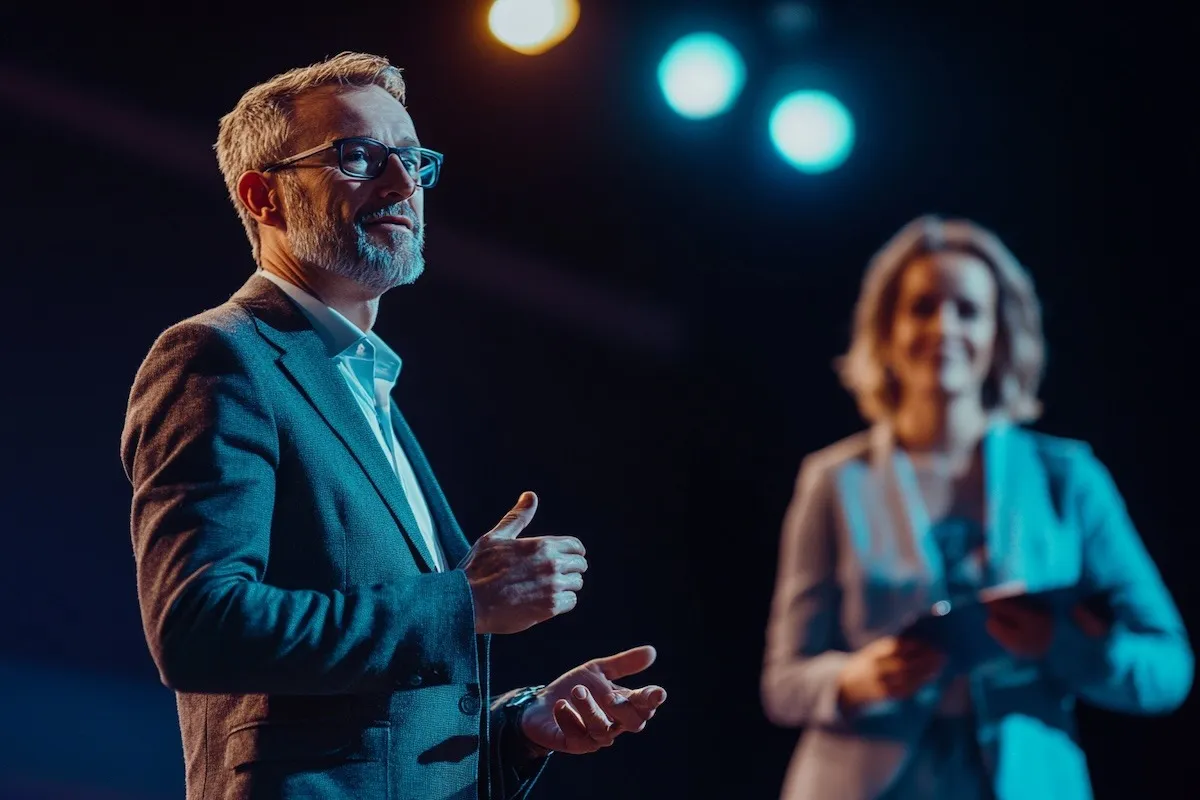Live, Candid and Unscripted: Crafting CEO Interviews at Skift Events
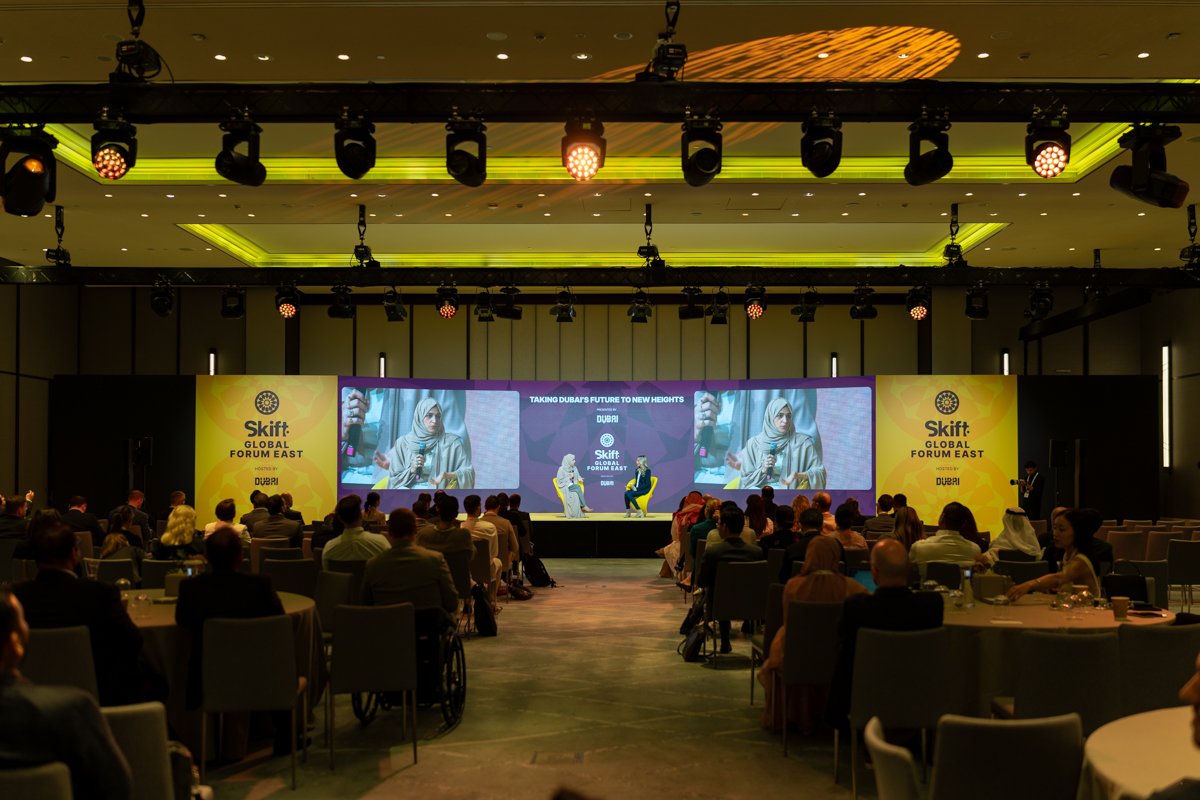
Skift Take
There’s a distinct energy at Skift’s live events – a palpable buzz in the room that comes from being surrounded by the top names in travel, technology, tourism, aviation and hospitality.
The excitement comes from who’s on stage – a succession of CEOs from all the major players in the business. The Skift Global Forum, held in New York City in September, included Marriott International’s Anthony Capuano, JetBlue’s Joanna Geraghty, Booking Holdings’ Glenn Fogel and many more.
Among the headliners at the most recent event – the Skift Global Forum East, held in Dubai in November – were The Ritz-Carlton Yacht Collection’s Jim Murren, Capital A (Air Asia)’s Tony Fernandes and Minor International’s Dillip Rajakarier.
The orchestration of Skift’s events is led by VP of Editorial Events Brian Quinn, who compares his role to that of a conductor. He shared his strategies and philosophies, along with his most harrowing moment of the past year.
Skift Meetings: How is working with the speakers at Skift’s live events different from working at other events?
Brian Quinn: One of the most interesting dynamics is that journalism is baked into what we do. Skift’s events are about seeking truth, like our articles and research. That’s different from many other events, which can allow a bit more flexibility or autonomy for the speaker to decide what he or she wants to say.
There are some events where people get up on stage and practically read a press release. That is not what we do – we’re about that in-depth interview and content-driven approach, which few really spend the time to do well.
Skift Meetings: How does the format reinforce that?
Brian Quinn: We are a single-stage experience, and everything is about that on-stage discussion. A lot of energy goes into crafting that and thinking in advance in an almost choreographed way about what that is going to feel like and how to make it as useful as possible to our B2B audience.
The length of the interviews has historically been going shorter and shorter. The sweet spot is generally 20-25 minutes. The goal is to get as much done as possible, so we engage in a lot of self-editing and one or two prep calls, depending on the speaker, before we get on stage. There’s no reading of bios or telling the audience what they could easily research on their own.
As a journalistic organization, we never share an exact question in advance. We use a topic. That’s really important so that you don’t end up with a canned answer or them regurgitating things on stage.
Skift Meetings: CEOs are used to being asked tough questions, but have you encountered some awkward moments nonetheless?
Brian Quinn: Being comfortable with discomfort is natural for any event producer. At the same time, we are seeking truth so we are going to ask questions that sometimes are hard or that people don’t want to cover. Often in advance, their communications team may try to mitigate or divert from certain topics. The worst case is they’ll say they can’t comment.
Skift Meetings: How far in advance do you plan when working with CEOs?
Brian Quinn: CEOs’ demands and schedules are busier than they’ve ever been. Sometimes we’ll only have a few months, and sometimes we’ll have a year or more.
It’s always evolving. Now I’m starting to see a reversion to that longer lead planning that was happening pre-pandemic.
Skift Meetings: Can you share an example of a recent challenge you have dealt with?
Brian Quinn: For the event we just did in Dubai in November, we had 5 speakers drop out unexpectedly within a couple of weeks of the event. This is natural for the region, but it was more than normal.
For one, Tony Fernandes, who is CEO of Capital A (Air Asia), we had planned to do a Zoom interview with a moderator on stage. But then his flight was delayed. We didn’t know if it was going to happen at all until 5 minutes before, when I heard he had landed and was in a car.
So we had to readjust all of our digital assets and move things around and also inform the moderator that we were going to go live. This happens in TV and live journalism a lot, but events are not as used to that.
Skift Meetings: Did attendees have any idea?
Brian Quinn: Other than having a speaker come up at a different time in the schedule, the audience had no awareness of this chaos.
That’s what we do. It’s about working as a team, and we have an incredible team here. Each of us is very well equipped to handle not just one job but several.
Skift Meetings: What is your philosophy around designing high-level B2B events?
Brian Quinn: Audiences are more aware and astute than we realize. Our mindset is: ‘Design for the smartest person in the room.’ That’s important because you don’t want a CEO on stage discussing a controversial topic and then you don’t address it. The audience doesn’t want that. And at the end of the day, it’s a disservice to the conversation.
So, while being respectful, it’s really important to push that boundary.
Skift Meetings: What do you consider your role to be in relation to the content experts (in this case, the Skift editors)?
Brian Quinn: I think a conductor is a good analogy. The conductor can’t play every instrument in the orchestra but the conductor knows the music thoroughly and knows where they want to take their interpretation of that piece.
Obviously, our editors are the experts, but we work collaboratively. Live journalism is a far different muscle than writing.
Skift Meetings: How do you elevate the pre-event experience for your CEO speakers?
Brian Quinn: I define hospitality as treating people like they’re guests in your home. You feel that when you enter a Skift event and a Skift space.
We don’t plan the CEOs’ travel, but once they enter our doors, we want to make sure that they are in our house. So when they arrive, they get checked in, they go to the green room, there's food and beverage, and we do some stage makeup to make sure that they show up well on camera.
They have time to hang out with the other CEOs and the moderators. That’s the goal: Up to the point of being onstage, we make sure they feel they have everything they need.
Skift Meetings: How busy does it get for you?
Brian Quinn: I probably have 100 active conversations happening when I’m preparing for an event. It’s like reporting on 20 different stories at once and then having to execute an event.
I find it really exciting.

